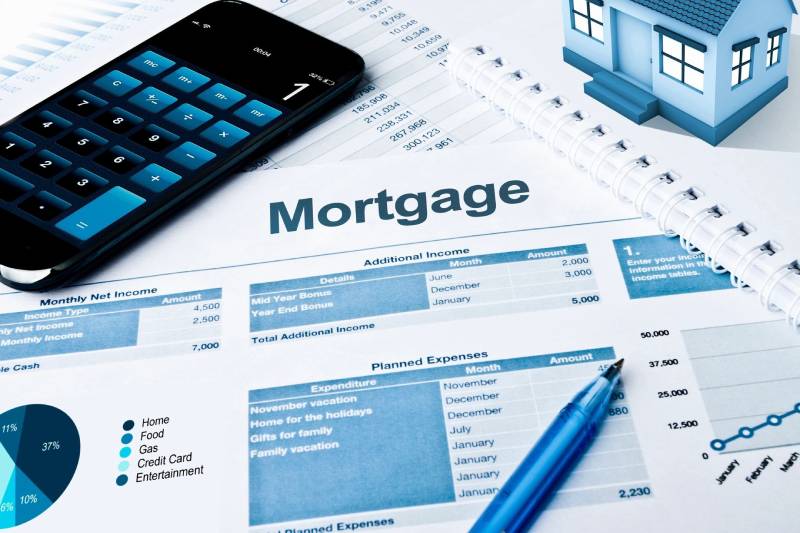Conventional Loans

What are Conventional Loans?
Conventional Loans are mortgage loans that are not insured by the government (like FHA, VA, USDA Loans), but they typically meet the lending guidelines that have been set by Fannie Mae or Freddie Mac. Typically, conventional loans have better rates, terms and/or lower fees than other types of loans.
Features
Ideal for first-time home buyers, individuals with higher credit scores and W-2 income and self -employed income borrowers
FHA Loans
It's easy to understand why many people looking for a new home are turning to Federal Housing Administration-insured loan programs because FHA Loans are insured by the Federal Housing Administration, and homebuyers have an easier time qualifying for a mortgage. First-time home buyers and people with less-than-perfect credit benefit the most from an FHA loan.
The links to the right are articles aimed at helping you better understand FHA loans. With this information, you can make a more informed decision on whether these government-insured loans are right for you and your family.


USDA Loans
A USDA Loan is a mortgage loan insured by the U.S. Department of Agriculture and available to qualified individuals purchasing or refinancing their home loan in an area that is not considered a major metropolitan area by the USDA.
Benefits of USDA Loans
VA Loans
A VA loan is a mortgage loan guaranteed by the U.S. Department of Veteran Affairs (VA) that is available to most U.S. service members. It offers some very great benefits to people who have served our country.
Benefits of VA Loans
For any further information about VA loans in Tennessee, get in touch with us.


Refinance Loans
Refinancing a home mortgage can be a big decision for many homeowners. Your situation and needs change over time, so why shouldn't your mortgage? Now might be the right time to refinance into a lower-rate mortgage.
You should take the time to consider the following questions to see if refinancing makes sense for you.
Non-QM Loan Products
Foreign National Loans
Want to buy a home in the United States, but you're not a U.S. Citizen?
No problem. Our Foreign National Loan Program makes buying a home in the U.S. easier for non-US citizens. While the guidelines on these loans are different than conventional, conforming, or other federally insured loan programs, we are confident that our loan program can meet your needs.


DSCR Loans Rental Property Investor Loans
What is a DSCR loan?
A debt service coverage (DSCR) loan is one that qualifies borrowers through an investment property’s cash flow rather than the borrower’s income. DSCR loans — also known as investor cash flow loans — are frequently used by real estate investors to qualify for mortgages and buy investment properties.
Features
Personal or Business Bank statements
1Y + 2Y P&L ONLY
1099
WVOE
Bridge Loan Program
Asset Utilization

Reverse Mortgages
Many homeowners have found that a reverse mortgage loan is a great way for them to take advantage of the equity they have built up in their homes.
A reverse mortgage loan is different than a traditional mortgage. With a traditional mortgage loan you make monthly mortgage payments, but with a reverse mortgage loan the lender pays you money through monthly installments, a one-time lump sum payment, a line of credit or a combination of a line of credit and monthly installments. The money that you receive is dependent on your age, the value of your home and the current interest rate.
One of the great advantages of a reverse mortgage loan is that you are not required to pay the loan back until the home is no longer your primary residence or you fail to maintain the home, or fail to pay property taxes and/or homeowner's insurance or do not otherwise comply with the terms of the loan. For more information on when a reverse mortgage loan comes due, contact us and we'd be glad to help!
If you’re aged 62 or older and own your home you might be eligible for a reverse mortgage loan. Contact us to find out more about reverse mortgage loans and ways to make it work for you, or apply now and start the process of tapping into the equity in your home.
Check out our mortgage calculator to compare loans against property interest rates.

